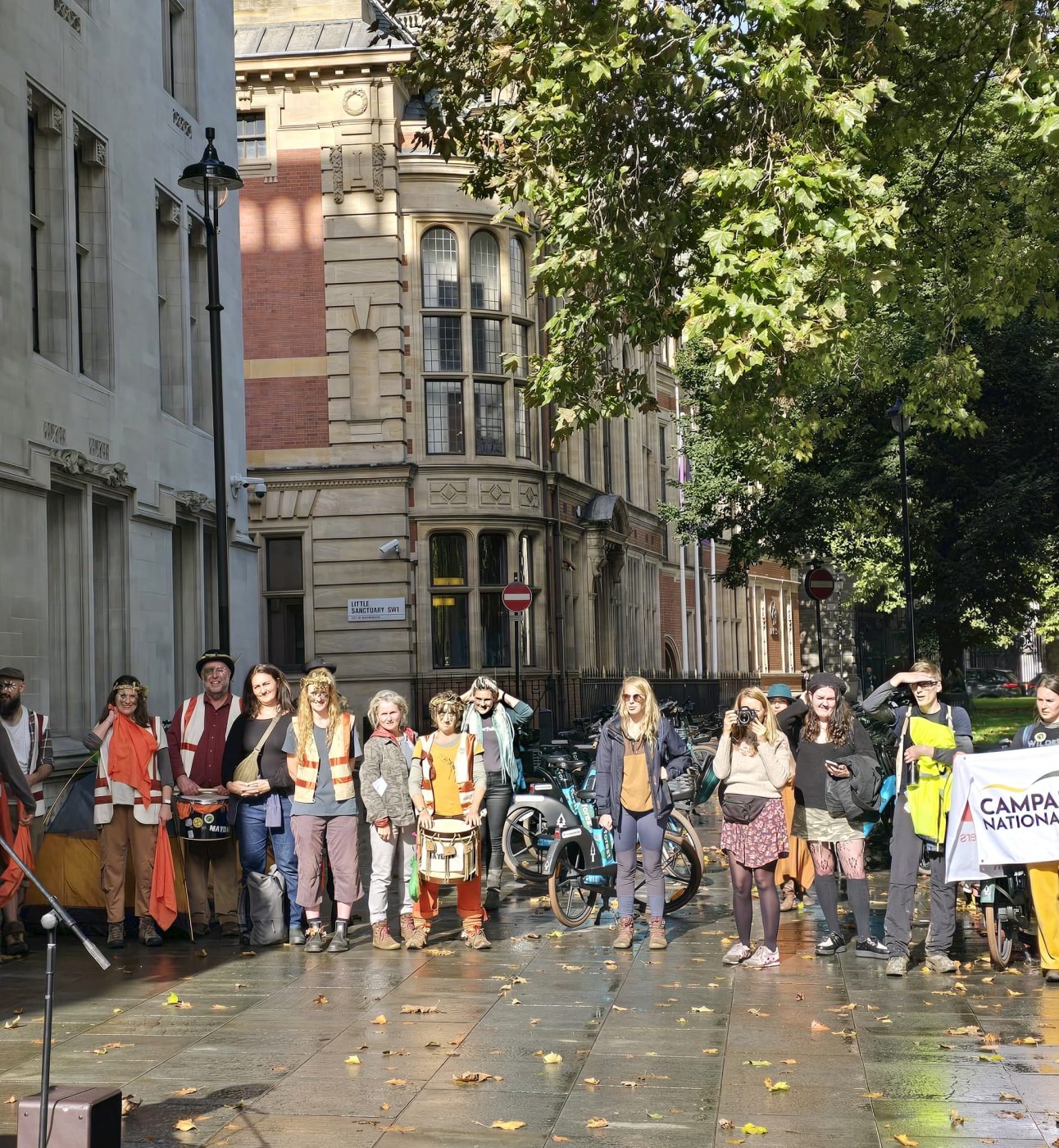
Defending Protected Landscapes in Law
We're intervening in a legal case which will set a precedent in how public bodies take action to conserve and enhance National Parks and Landscapes.
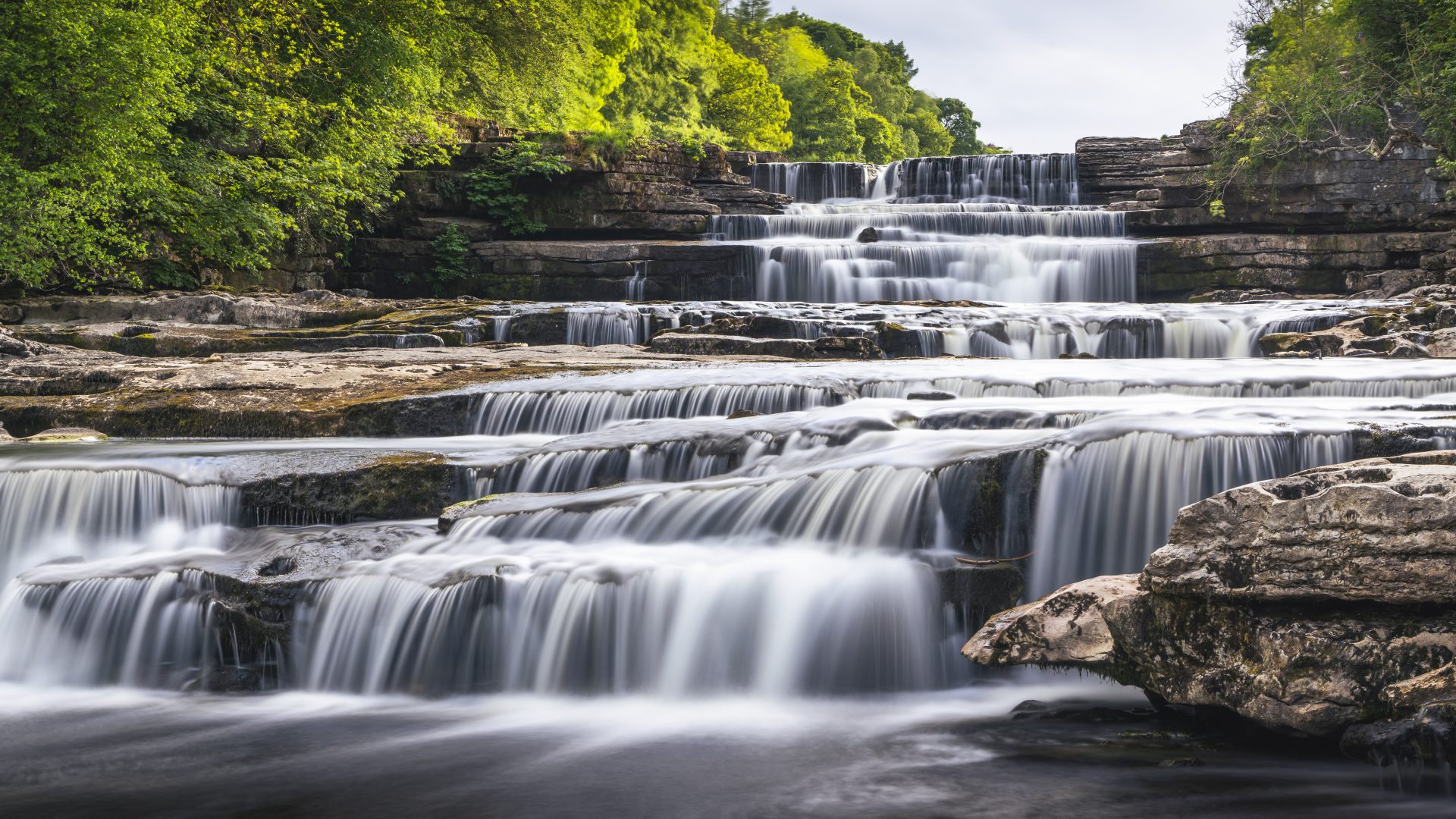
The fight for nature-rich National Parks for all means changes at the highest level. At Campaign for National Parks, we work to secure new laws, powers and duties, meaning more protection, accountability and stability for some of the most incredible places in England and Wales. Our efforts to change the law are built on expertise, collaboration and strategic engagement with policymakers and the public.
Our first major success came when the National Parks and Access to the Countryside Act was passed in 1949. This landmark legislation led to the establishment of 13 National Parks across England and Wales, as well as 46 Areas of Outstanding Natural Beauty (now called ‘National Landscapes’). Over the 20th century and into the 21st we have campaigned to establish new and stronger laws for all Protected Landscapes. Examples of success in England and Wales include the establishment of new purposes for National Parks (adding conservation and enhancement of wildlife, alongside natural beauty and cultural heritage) and establishment of new independent bodies to run them – National Park Authorities – with planning powers (achieved via amendments to the Environment Act 1995). Most recently, in 2023, we secured a ground-breaking change in law requiring all public bodies in England to take action.
So many public bodies seem to have decided to wait for the Courts to force them to act - so there must be a voice to represent National Parks.
Court cases are costly, please help us by donating to our fighting fund today.
We first gather data and evidence to identify what legislative change is needed, consulting with other legal and policy experts and engaging with those who have direct experience of the issues. Once we develop specific legislative proposals we mobilise the support of others, including through our Council, building a coalition of allies to amplify our call for change and raising greater awareness through public campaigns and the media. As a respected voice among politicians and decision-makers, we work with National Park champions across the political parties to secure the required legislation and mobilise our broad base of supporters to achieve success. Just as importantly, we closely monitor the new changes to ensure they have the intended impact and continue working with policymakers to ensure new legislation is being effectively implemented for the long-term health of all National Parks.
Campaign for National Parks Vice President, Lord NorrieI have been involved in several environmental charities but my work with Campaign (then Council) for National Parks in the 1990s is amongst the most memorable and rewarding, and helped to secure enduring protection for these special places and greater independence from local government.
After decades of calling for change, on Boxing Day 2023 we welcomed a new duty binding all public bodies to take action for Protected Landscapes. Specifically section 245 (Protected Landscapes) of the Levelling Up and Regeneration Act 2023 now requires all public bodies to ‘seek to further’ the purposes of Protected Landscapes.
Why is that so huge? For starters, Protected Landscapes (National Parks and National Landscapes) cover 25% of England. And they are in staggering decline – in part, due to the decisions of myriad public bodies who have, for too long, ignored these internationally recognised ‘protected areas for nature’. This means Protected Landscapes are not currently achieving the purposes for which they were designated. For National Parks, those purposes are conserving and enhancing natural beauty, wildlife and cultural heritage, and promoting opportunities for public enjoyment. For National Landscapes, the purpose is conserving and enhancing natural beauty.
This new duty requires every single public body to seek to further these purposes in every decision, function or action they take that could affect land in Protected Landscapes, and applies to thousands of public bodies: from local Councils to Government Departments, water companies, and energy regulators, the Environment Agency, Planning Inspectorate and many more. Given 175,000 hectares of National Park land – an area bigger than Greater London – is owned largely by the Ministry of Defence and Forestry England, this new law should be groundbreaking in ensuring these areas are managed by these public bodies in a way that enhances wildlife and provides more opportunities for access.
At Campaign for National Parks, along with many organisations including Natural England, Defra, the National Landscapes Association and others, we agree that implementation of these new strengthened duties will be truly transformational across Protected Landscapes. Implementation will mean that public bodies are required to put far more effort into ensuring that their policy, practice and proposals are seeking to further the conservation and enhancement of wildlife, natural beauty and cultural heritage in National Parks. For example, we expect that National Highways will now be putting far more effort into identifying alternatives to significant roadbuilding in Protected Landscapes and that Ofwat and the water companies will now be placing a greater priority on reducing sewage spills in these areas.
We’ve produced a note with further details on what we are doing to secure effective implementation of the new duty and ideas for what others can do to help support this work.

We're intervening in a legal case which will set a precedent in how public bodies take action to conserve and enhance National Parks and Landscapes.

Iconic freshwater sites in National Parks are enjoyed by millions every year, but although they look the very image of perfection under the surface lies a dirty secret – pollution.
For over 80 years we have fought to improve the legislation affecting National Parks – and this vital work is still ongoing. We want to see reforms to National Park governance, changes to secure a greater emphasis on nature recovery and improved access in National Parks and stronger planning protections for these areas and their settings. Our Health Check report set out reforms to enforce the law and create new powers to halt harm and drive nature recovery. We are campaigning for changes in the law in England and Wales to further strengthen National Parks, including:
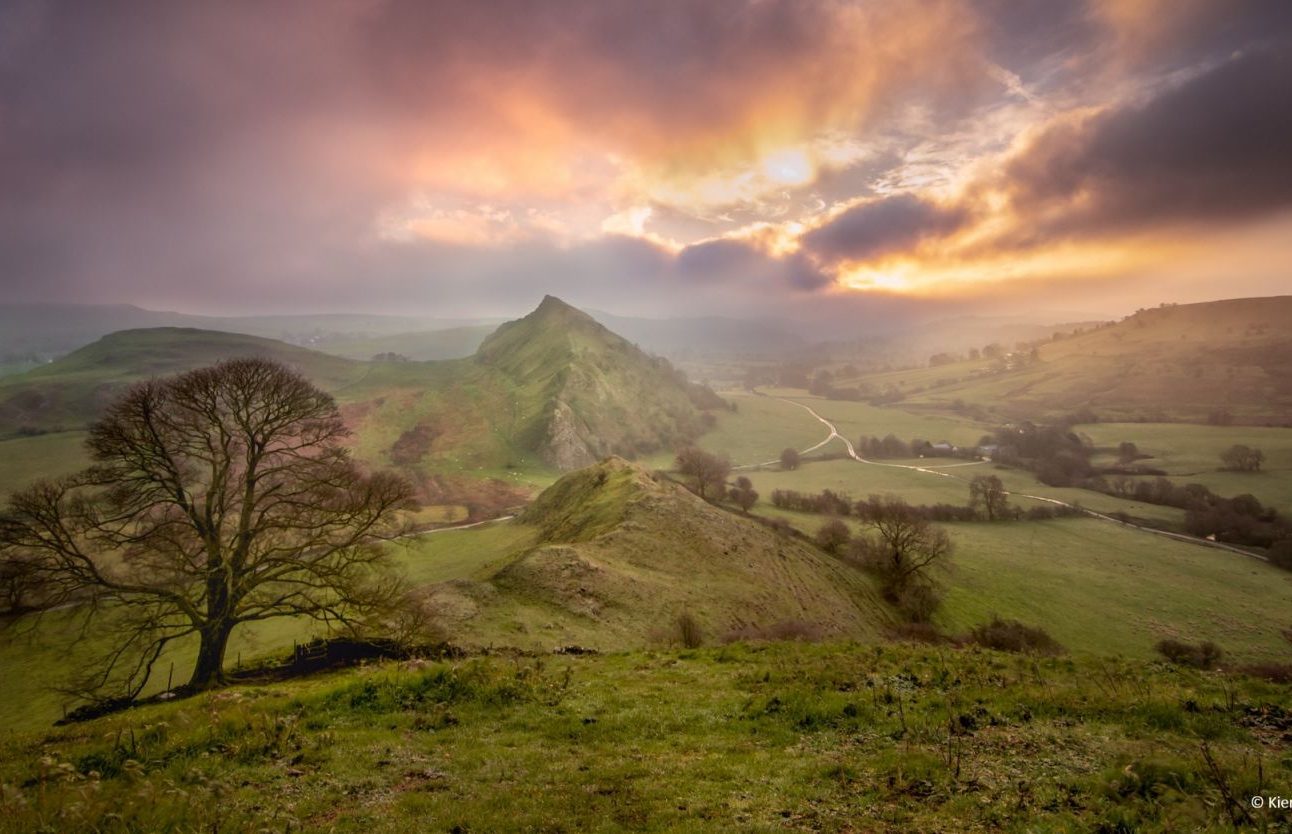
Our legal fighting fund allows us to take the battle for wilder National Parks to the courts and defend the change in law we fought to secure.
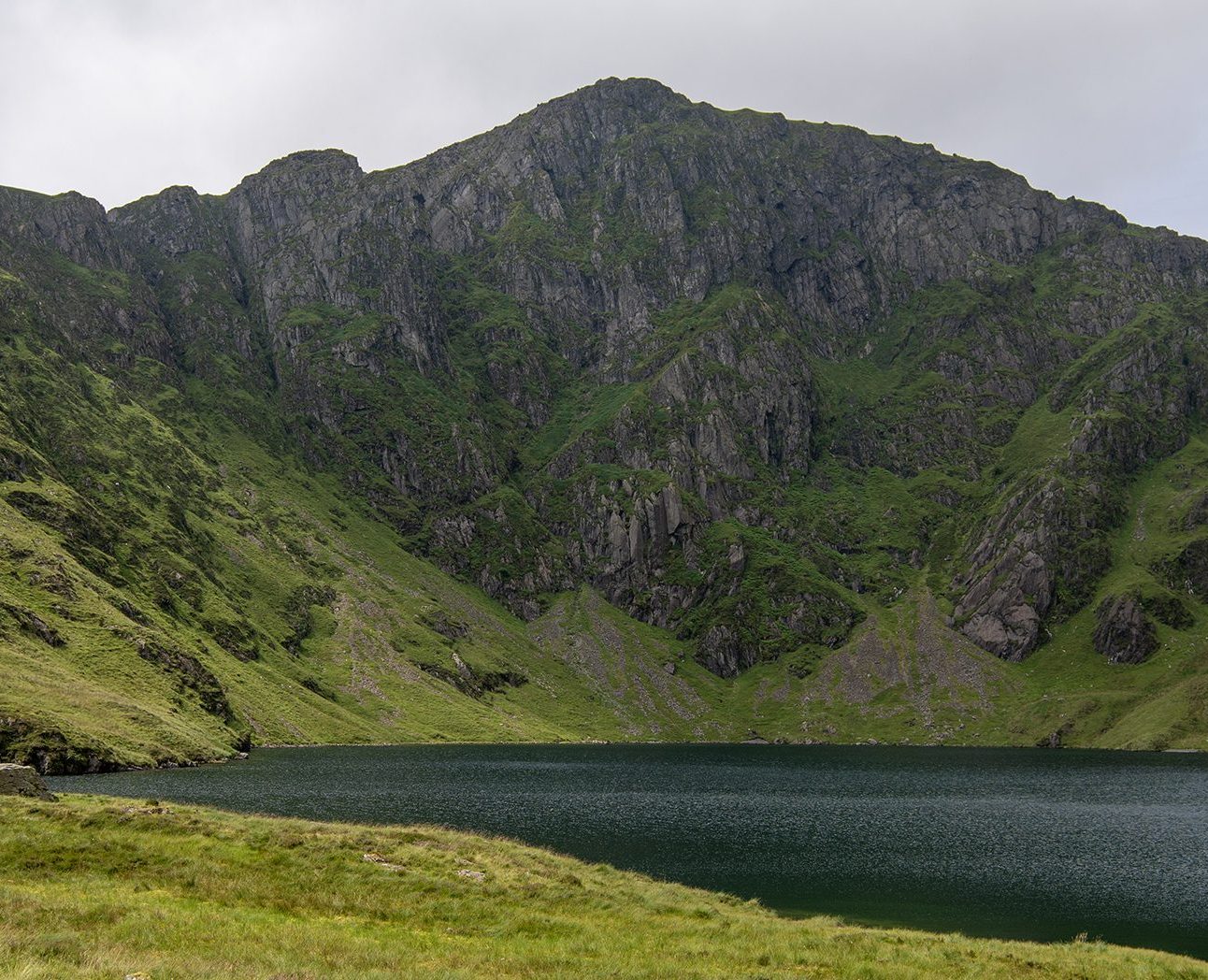
With our Parks at the heart of everything we do, our mission is clear: we’re here to unite, inspire and empower everyone to take action and enjoy wilder National Parks. Here are 5 ways you can help National Parks.
Stay up to date with our latest news and campaigns by signing up to our mailing list.
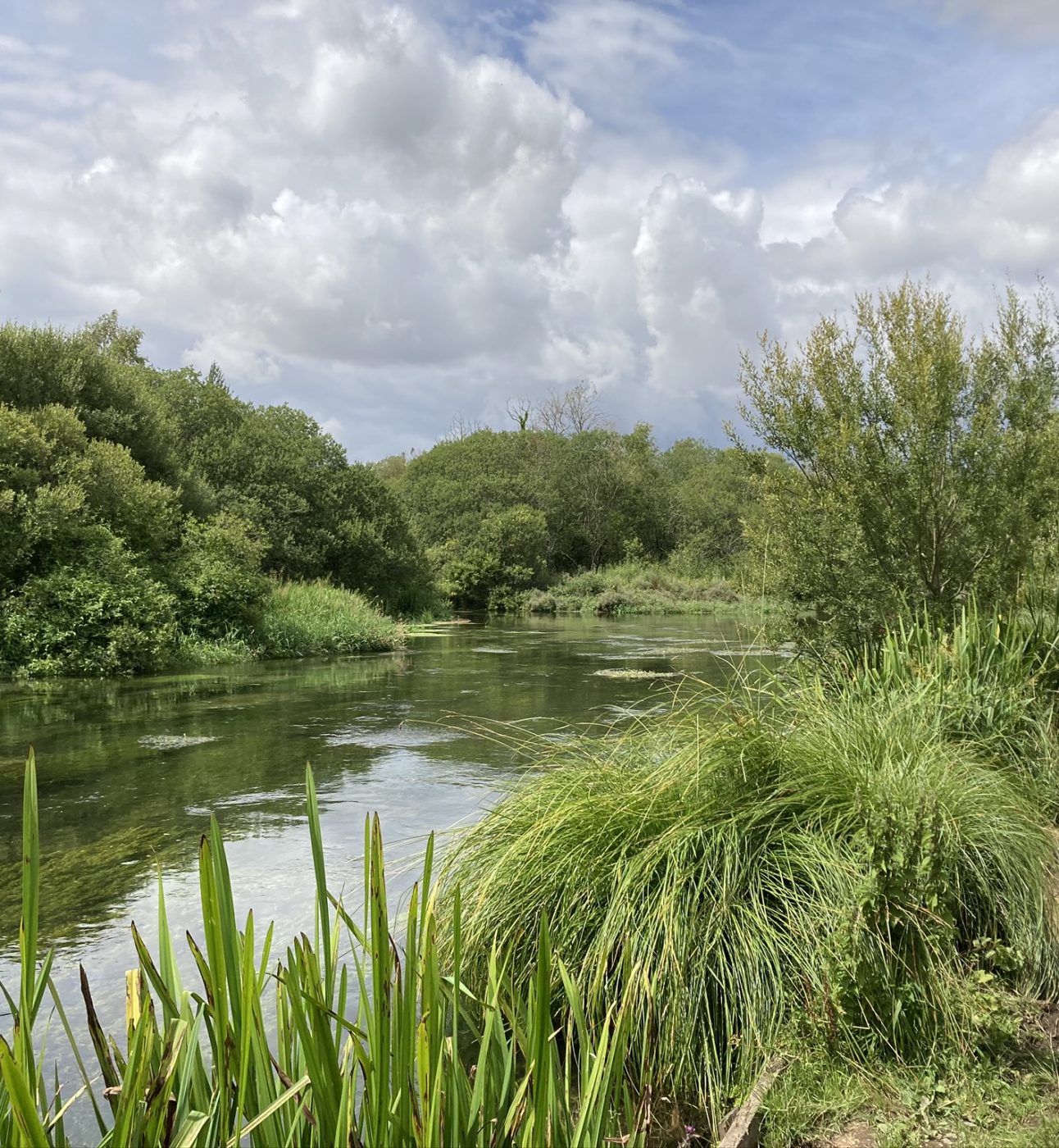
Read our response to Labour’s Planning and Infrastructure Bill, a major piece of legislation that could affect National Parks
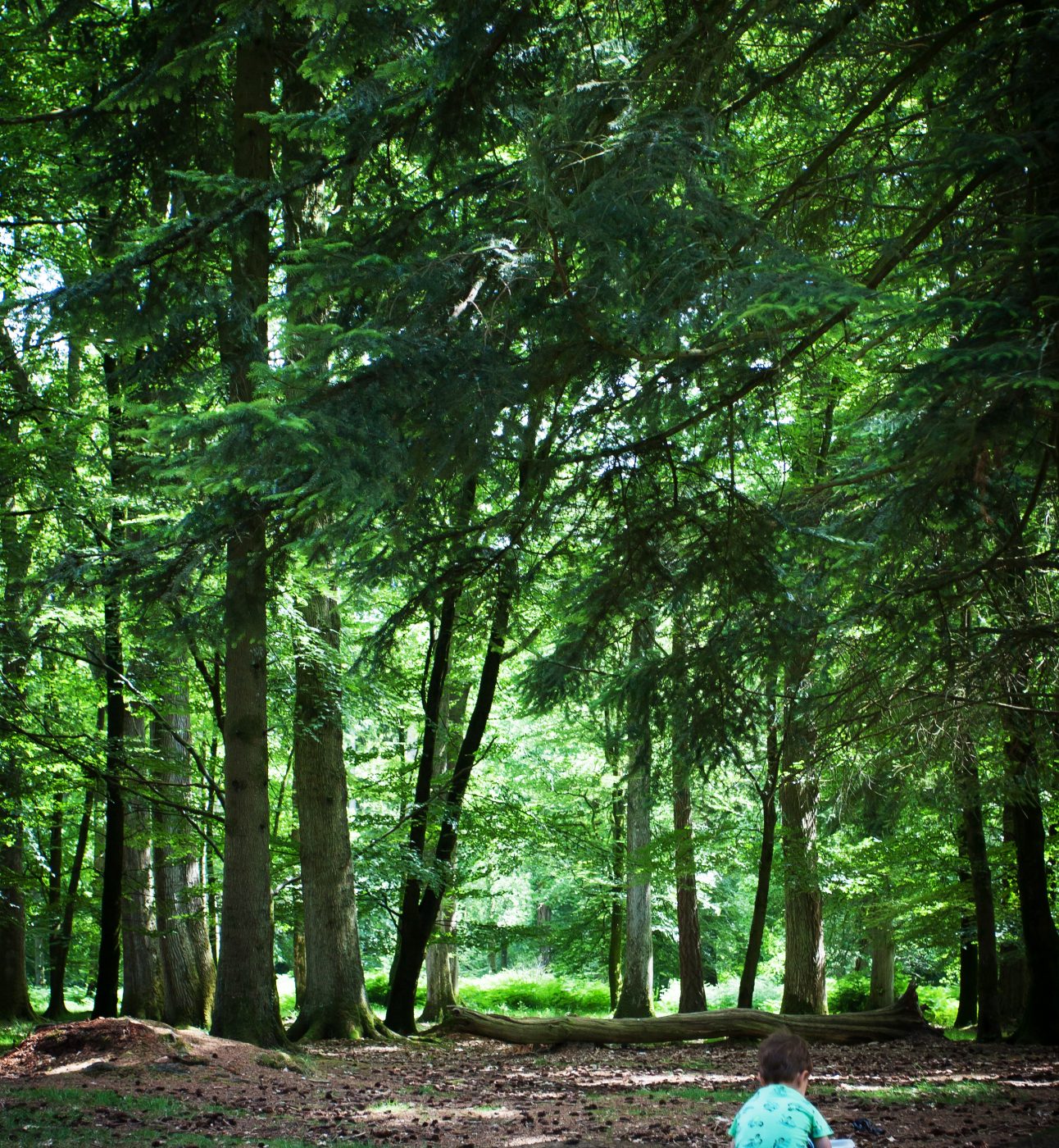
We've written to the Chancellor Rachel Reeves imploring her to not bulldoze though Labour's greatest legacy after her announcements
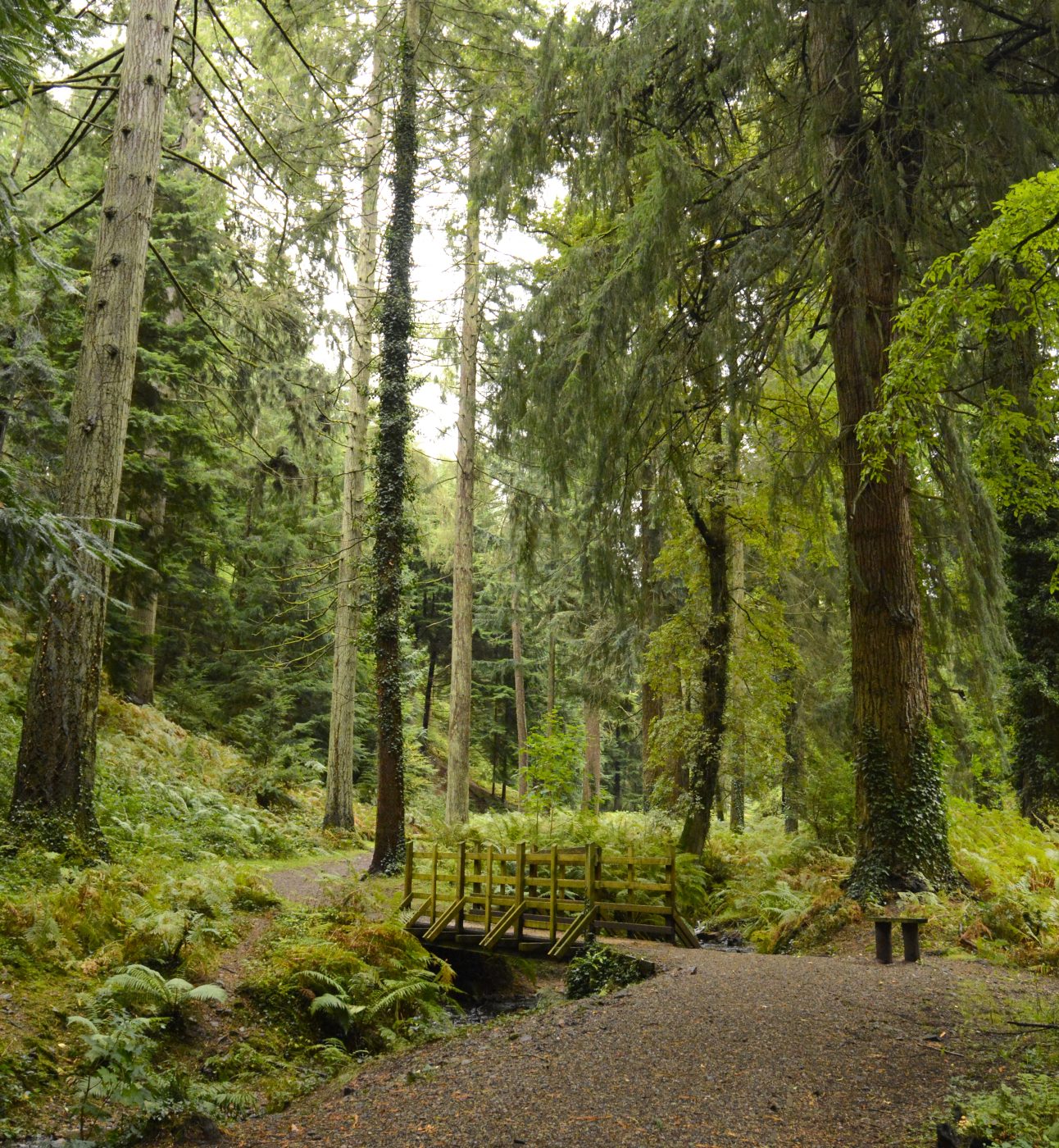
Secretary of State has admitted to making an error in law after Campaign for National Parks played a crucial role in securing victory in a landmark legal case.
Images:
Aysgarth Falls, Yorkshire Dales © Stephen Tomlinson
Cuckmere River, South Downs © Hugo Healy
Chrome Hill, Peak District © Kieran Metcalfe
Llangorse Lake, Bannau Brycheiniog © Will Davies